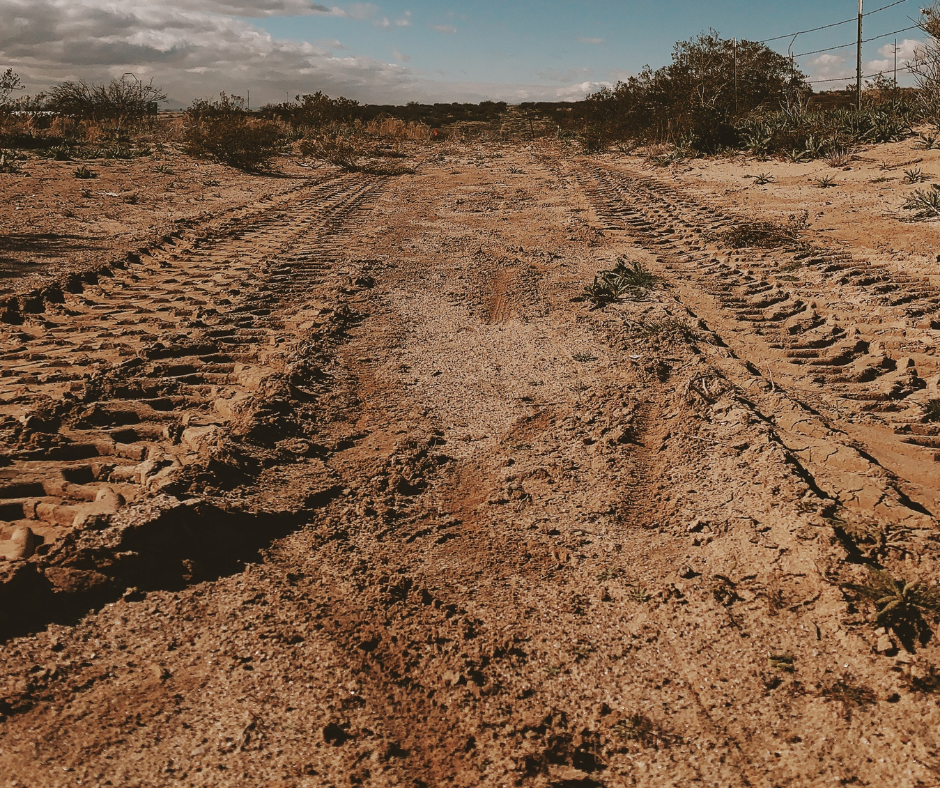When it comes to civil and geotechnical engineering, a critical step for your project is materials testing. For WLC, materials testing is a comprehensive set of services we provide to ensure our projects are constructed and completed as designed to the proper specification. Soils testing is a component of materials testing often completed for geotechnical engineering. Working with the environment means instabilities and unknowns. Soils testing is a process where you can reveal the characteristics, reactivity, and overall nature of the soil at your project site. When it comes time for your team to perform soils tests, there are three soils tests WLC often recommends.
STANDARD PROCTOR ANALYSIS
Although the standard proctor analysis is one of the most common and basic soils tests, it is highly essential for geotechnical engineering projects. This soils test gives you an understanding of the behavior and characteristics of the soil and moisture content. The standard proctor analysis allows you to determine the compaction of the various soils at an optimal moisture level. The compaction level thereby identifies the maximum load the soil can bear and eliminates any voids. A standard proctor test is best used for projects where you must ensure the stability of a load bearing project, such as roads and highways.
UNCONFINED COMPRESSION TESTS
An unconfined compression test is necessary to perform in order to uncover the mechanical properties of rocks and fine-grained soils. Essentially, this test reveals the shear strength and stress strain characteristics of the soil. This type of soils test is highly useful for geotechnical engineering as it assesses the compressive strength of soils and rocks. This test works well for projects that require the assurance of stability in structures.
PARTICLE SIZE ANALYSIS
Soil gradation is crucial for geotechnical engineering projects. A poorly graded soil will have better drainage and therefore more void spaces. However, a well graded soil can be better compacted with less voids. A particle size analysis is a technique in which the size distribution of soil is determined. In turn, it then defines the soil type. The gradation of the soil on your project site determines the design and control of ground water drainage on site. Particle size analysis is important for a variety of geotechnical projects, but especially those involving highways and dams.
While these are just a few of the many soils tests available for your project, they are three soils tests WLC recommends most often. At WLC, we perform a wide variety of soils and materials testing for a range of projects. Visit our services and projects page to learn more or contact us for soils testing needs on your next project.

